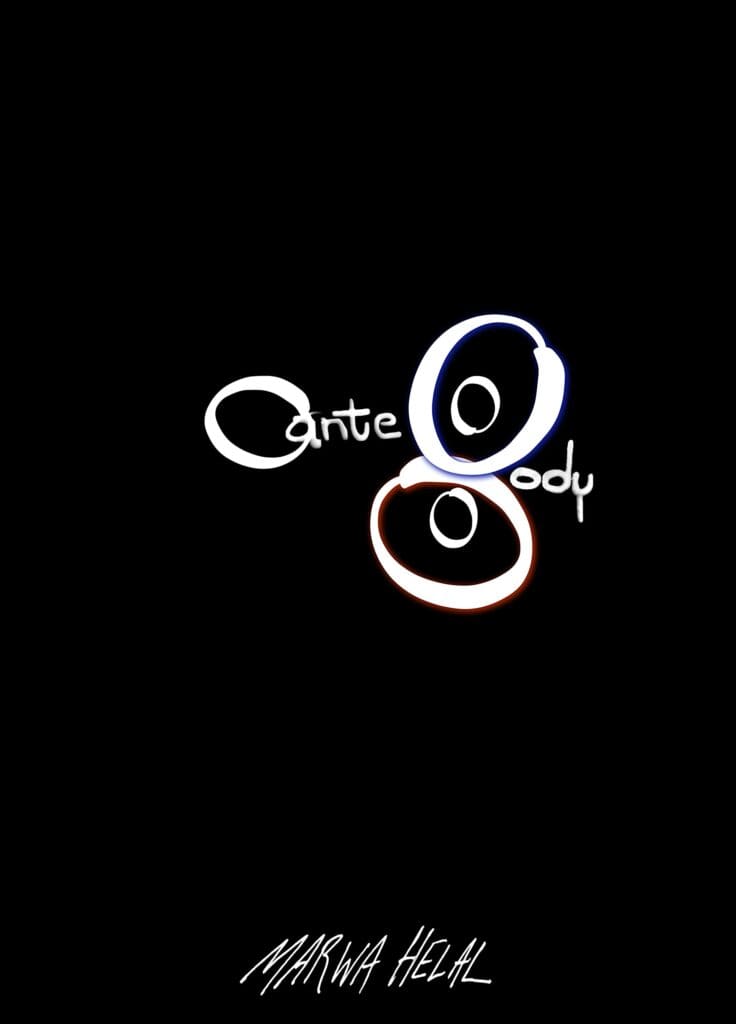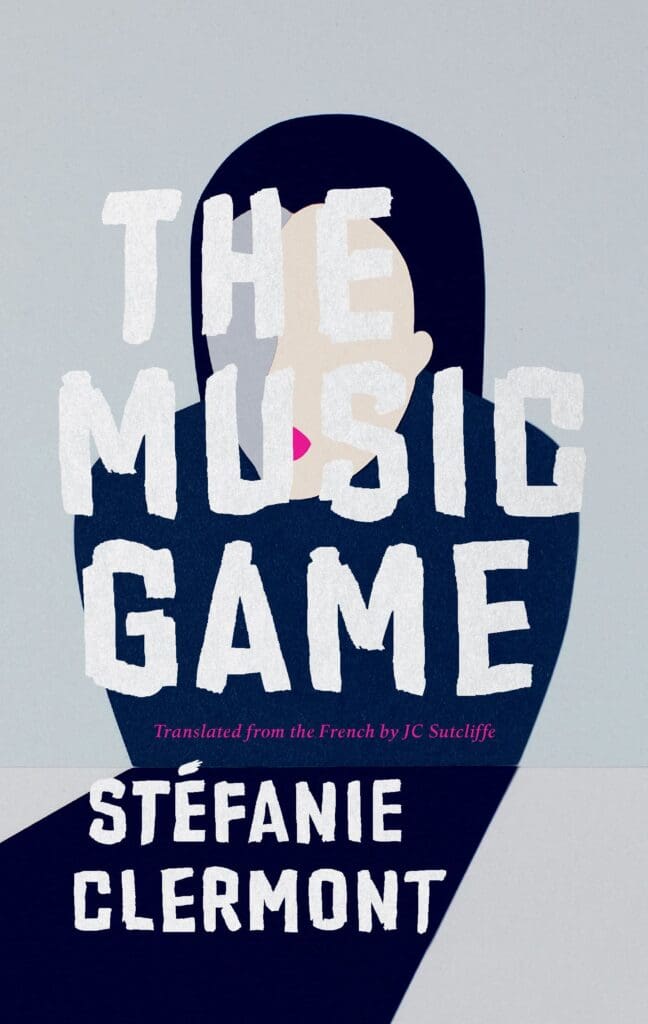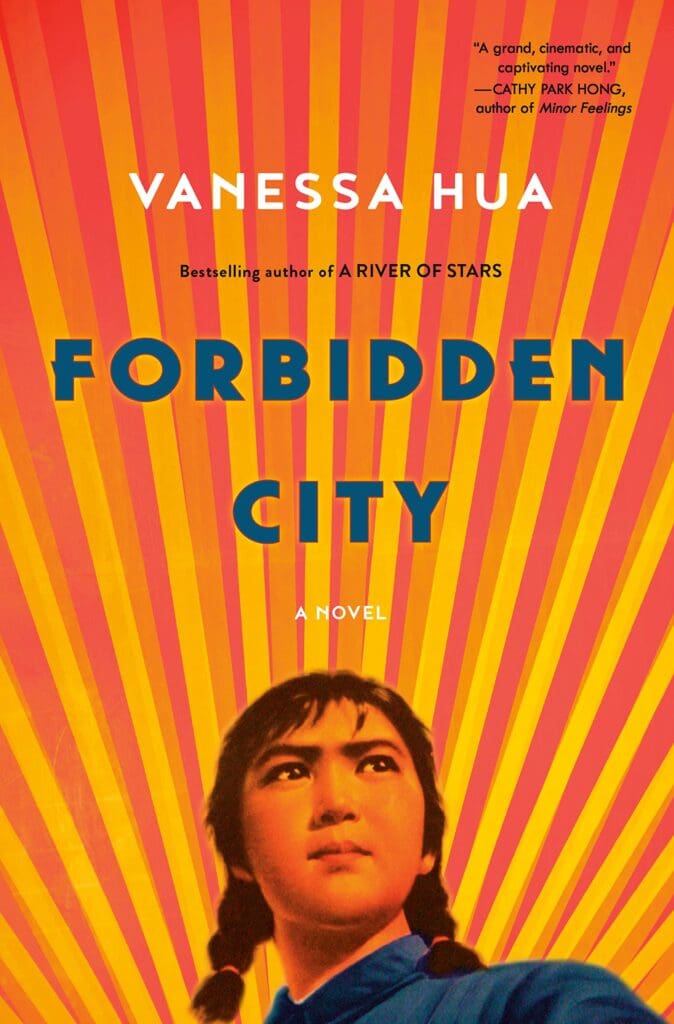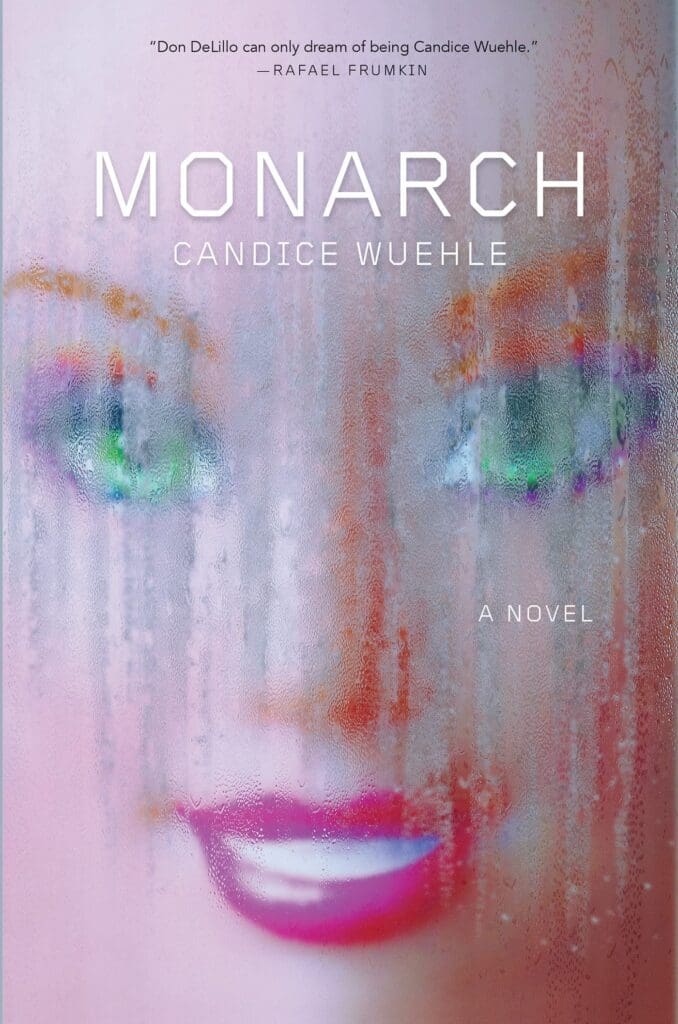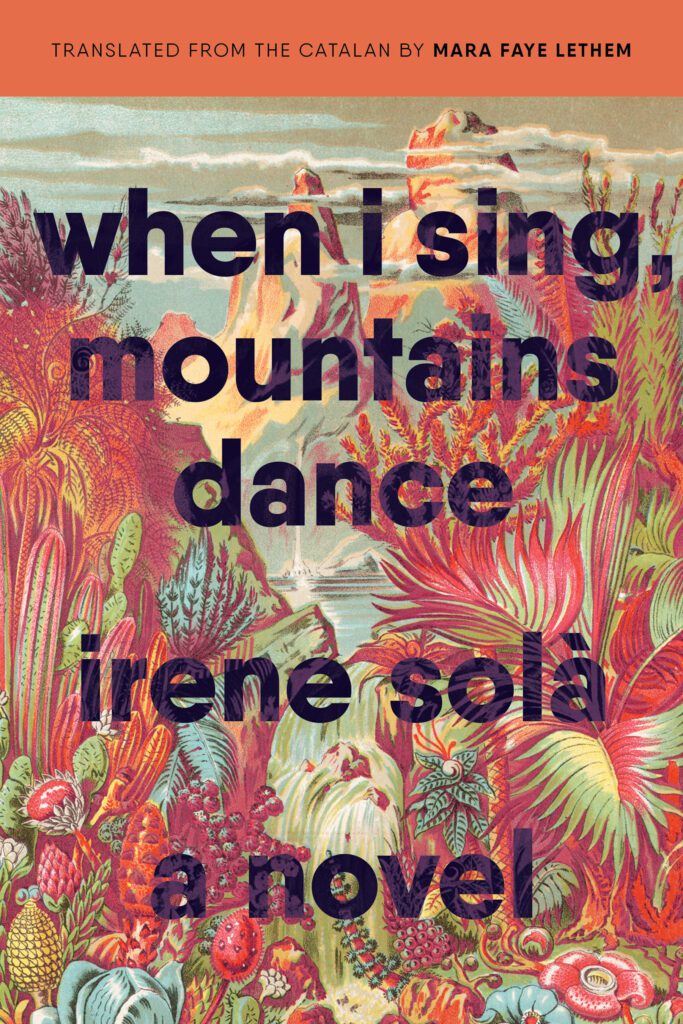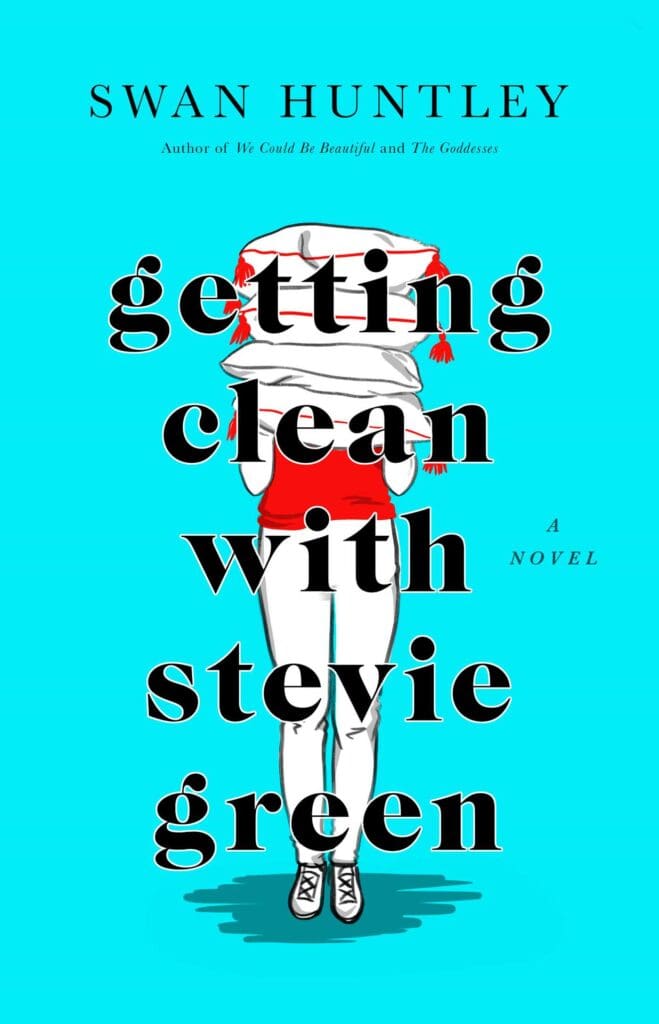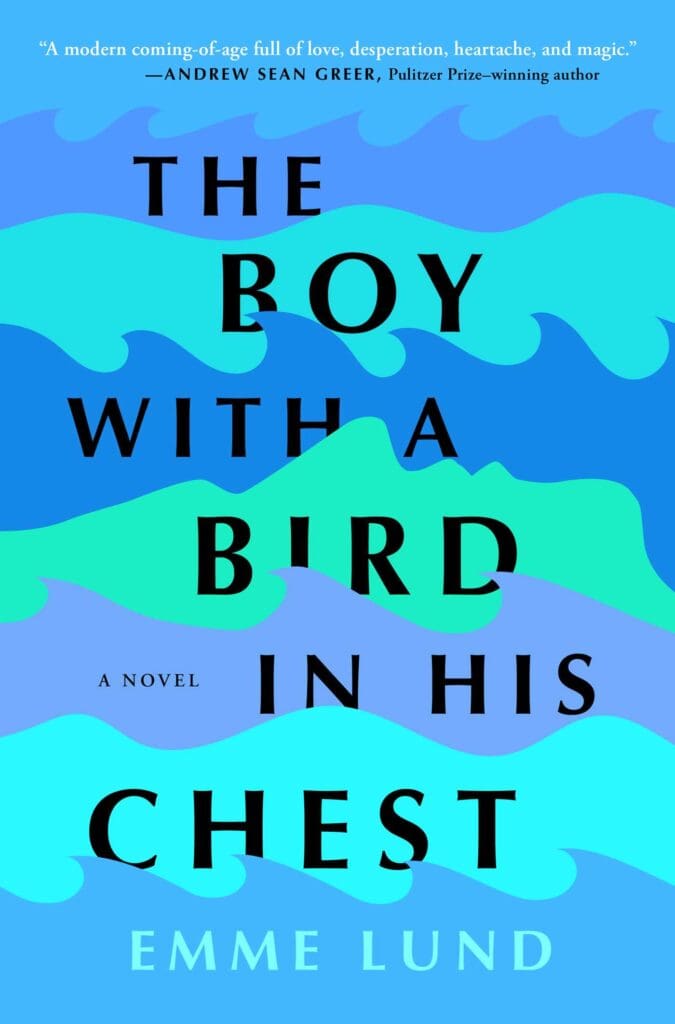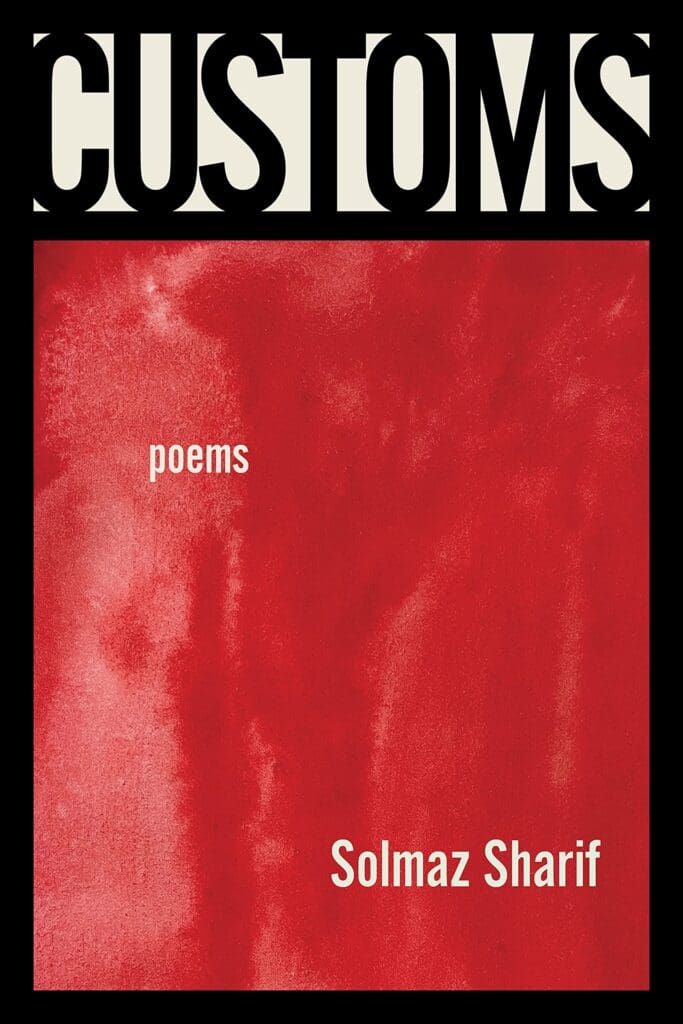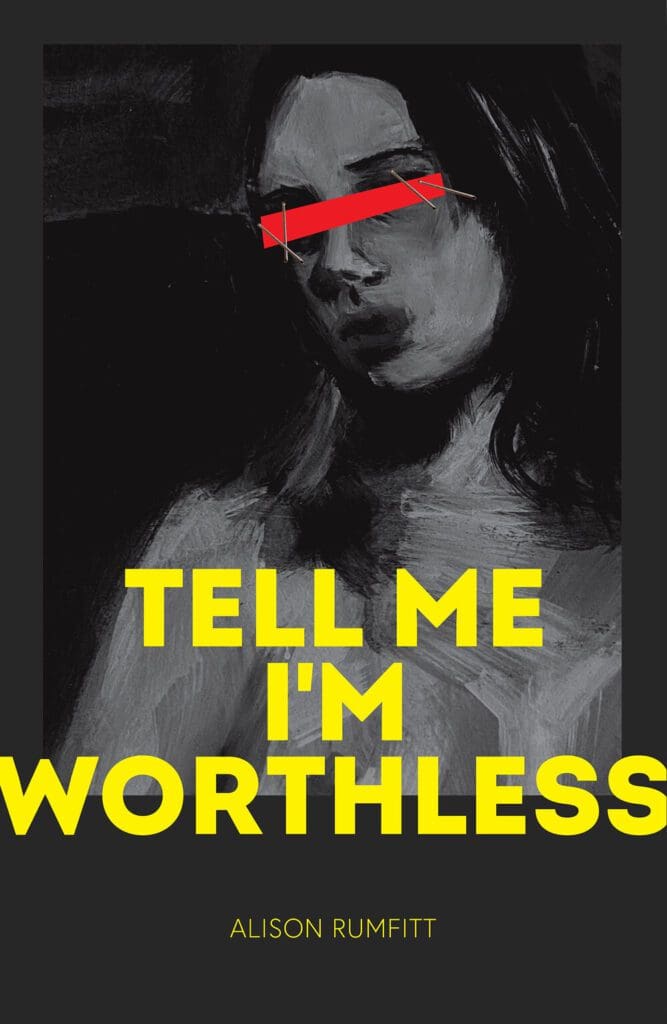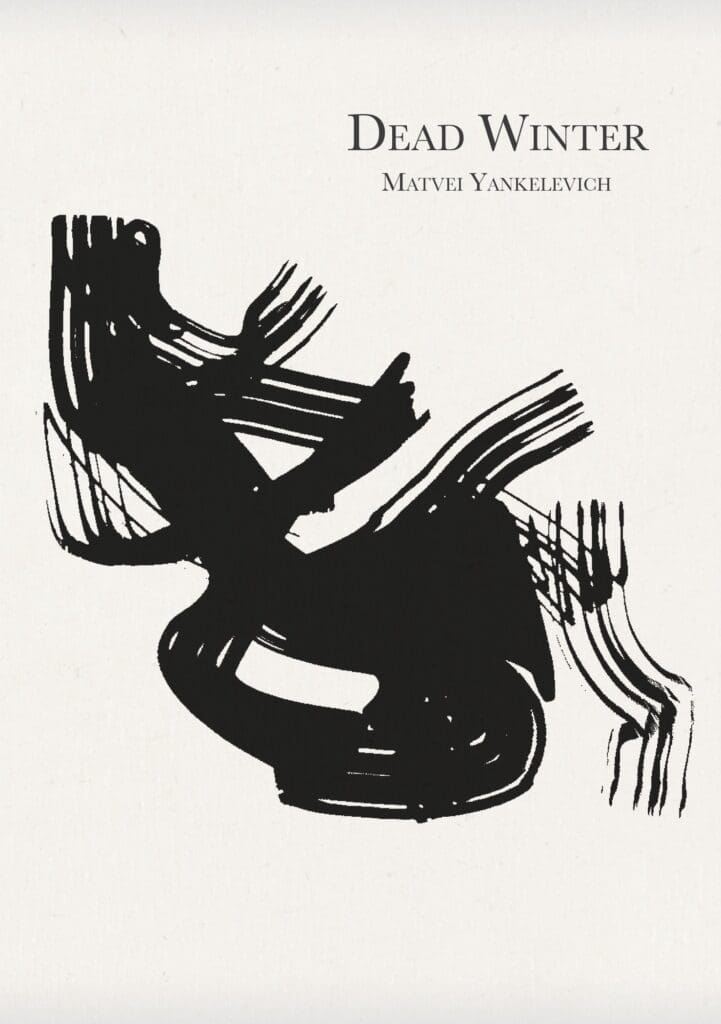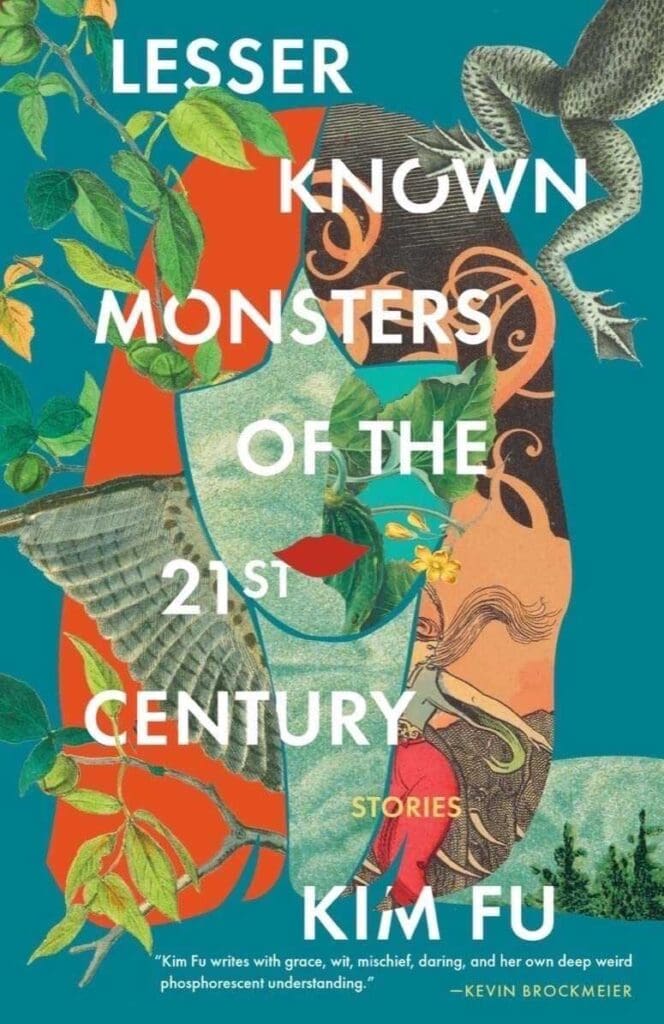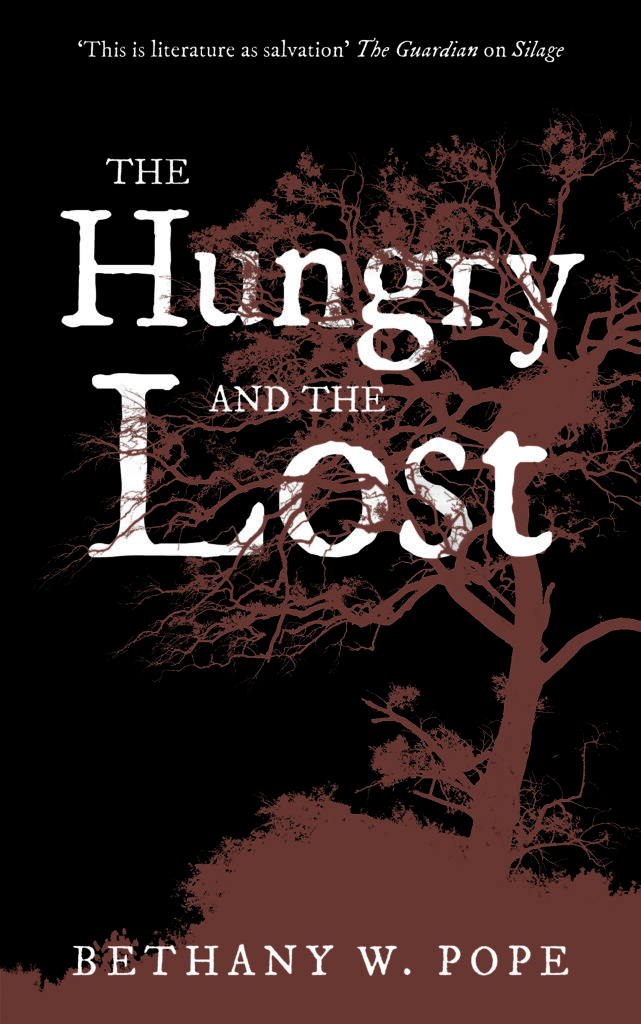The latest collection from Egyptian-born, Brooklyn-based poet Marwa Helal, Ante body (80 pages; Nightboat Books), demonstrates the participatory nature of Helal’s work. The book offers a kaleidoscopic window into the double consciousness of the emigré, her post-migratory grief and dispossession, and the cheeky coping mechanisms that come into play. In her exploration of our post-pandemic political moment, Helal harnesses and discharges an energetic exigency, calling the reader into an honest mindfulness through non-traditional and experimental poetic play. Ante body invites us to trip over language, to recover, and view those stumbles as necessary toward achieving wisdom. Whatever linguistic baggage the […]
‘Ante body’ by Marwa Helal: A Window into a Double Life
by Roz Naimi
